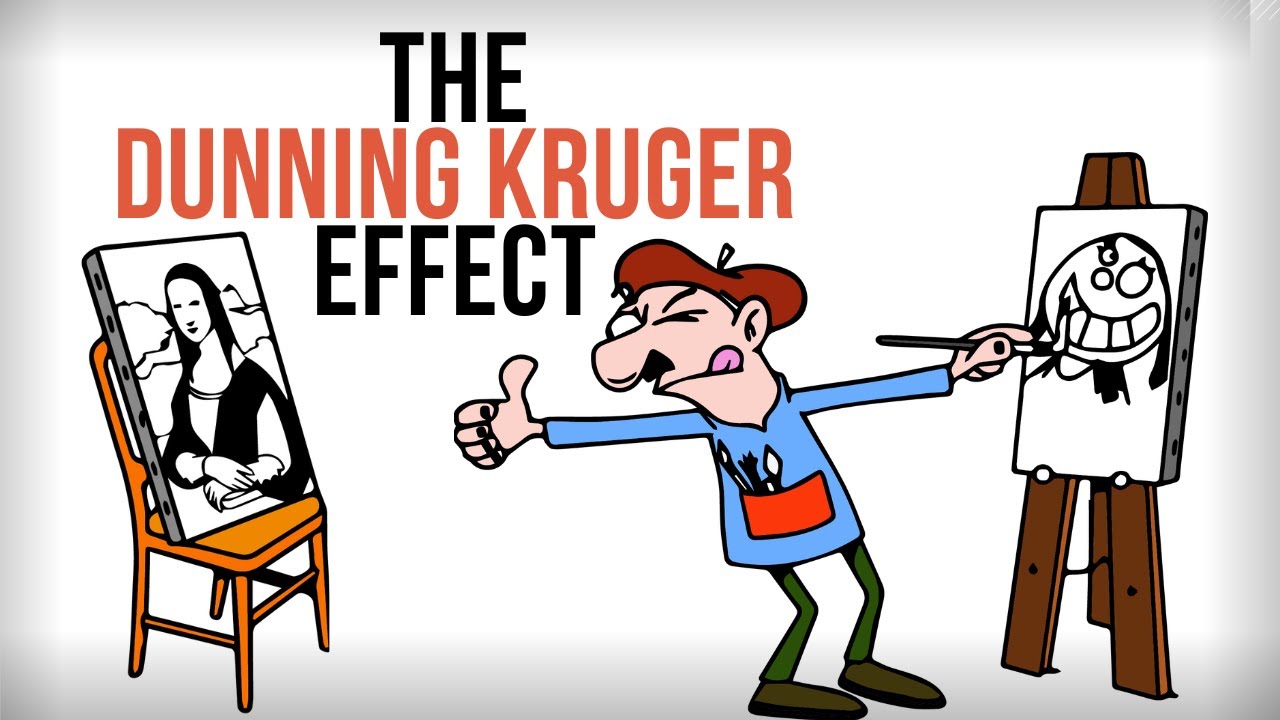If you get a strange rash on your arm, would you try out a random treatment on your own skin to see if it helps? Browsing a platform like WebMD can help you narrow down the cause of your problem, but you should still use caution before trying any of the treatments. Self-diagnosis can be dangerous—trying to treat yourself can make your problem much, much worse. WebMD is not a substitute for seeing a licensed, professional doctor.
This is common knowledge—we would never randomly experiment with treatments on our own body—and yet, many lawmakers are experimenting with policies that can have dramatic effects on our cities, states, and country. This begs the question: Are lawmakers listening to the experts?
The Dunning-Kruger effect occurs when people overestimate their ability in a complicated or technical subject. It can have far-reaching implications when applied to legislators working on housing policy. Lawmakers may overestimate their understanding in complex housing issues, leading to the passage of policies that might not effectively address the real challenges or underlying issues in housing.
Lawmakers under the Dunning-Kruger effect might propose oversimplified solutions to complex housing market problems while failing to consider the long-term consequences of their policies. For instance, if the Washington State Department of Commerce says that increasing rent prices are to blame for rising homelessness, lawmakers may be tempted to explore a “no-brainer” policy idea to address this problem. If rising rent prices are to blame, why not pass policies that make it very difficult to raise rents?
While these policies—which are collectively known as rent control—may seem like they should address the problem and easily gain popularity because of their perceived benefits to residents of rental housing, rent control can make the underlying problems worse. When lawmakers don’t fully grasp the economic and social nuances of rent control or affordable housing, they may pass legislation that sounds good on paper but fails to solve housing problems, or even exacerbates them.
The Dunning-Kruger effect could also hinder the ability of legislators to recognize and use expert advice. They might not accurately judge the expertise of professionals in the field or might be too confident in their own understanding to seek necessary guidance or even ignore expert advice. This can lead to a disconnect between housing policies and the real-world needs and challenges they are meant to address.
Rent control is a case in point. Rising homelessness and rising rents stem from a housing supply crisis and the lack of enough rental assistance. Washington State’s housing crisis is driven by three main factors:
- Local population growth
- Increasing migration (tech workers and undocumented immigrants)
- A shrinking rental housing supply
When these three factors combine, it can lead to a dramatic increase in rents and homelessness. Tech workers compete for high-end luxury housing and pricey single-family rental homes. However, Seattle lost 26% of the total supply of single-family rental homes since 2016, which leads to more money chasing a smaller supply. This dynamic “prices out” the lowest earners to drop down from this rung of the housing ladder to seek lower-priced housing, causing a cascading effect. Undocumented immigrants also need a place to live and typically look for low-income and affordable housing. Due to our severe housing supply shortage, these dynamics “squeeze out” the lowest-earning people, whose only alternative is homelessness because there are no more housing units in our market for these people. They literally do not have a place to live. When cities pass legislation that makes it more expensive to provide housing, the property owners will withdraw their units from the market rather than lose money.
Rent control laws will not address these fundamental factors—instead, rent control will encourage more housing providers to withdraw their units from the market, which will contribute to the housing “squeeze” dynamic described above.

